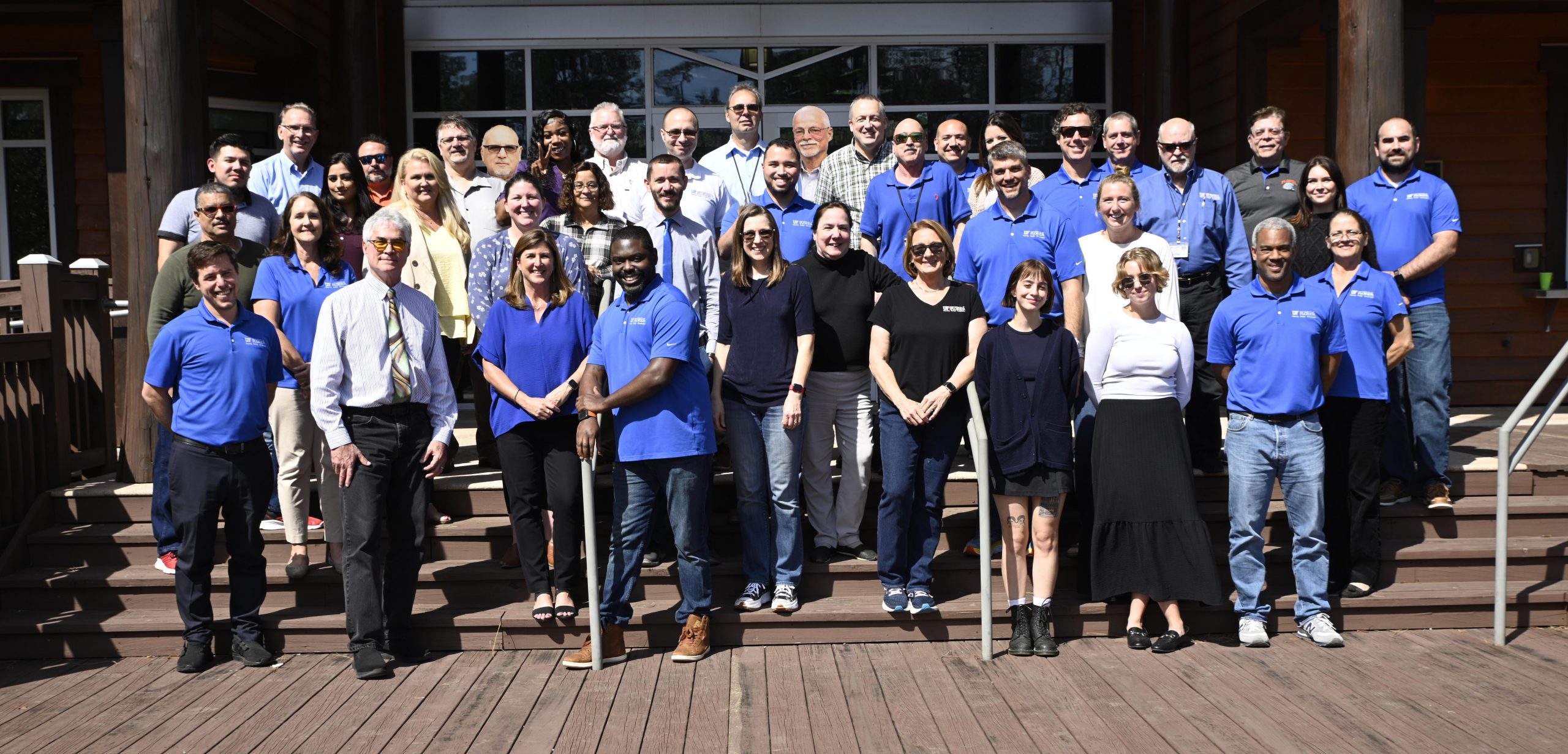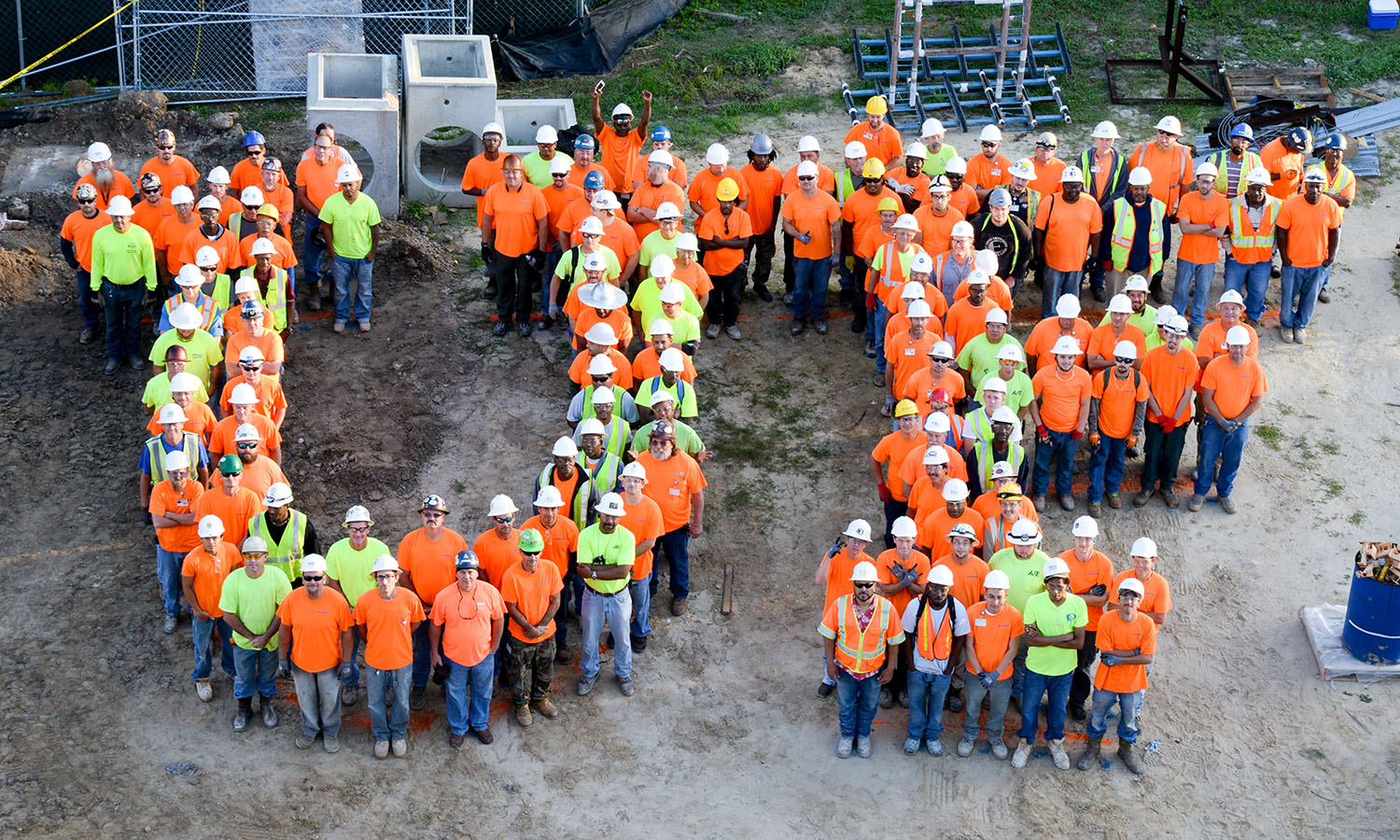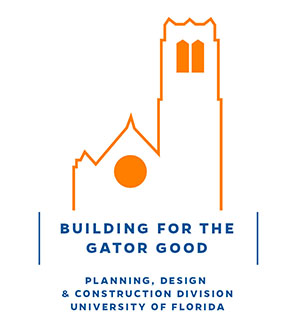- Homepage
- Lake Alice Watershed Management Plan
- Get Involved
- Process Information
Engagement Process Information

Engagement Promise adopted by the Project Team
We will work with stakeholders to ensure their concerns and aspirations are directly reflected in the alternatives developed, and provide feedback on how stakeholder input influenced decisions.
Engagement Objectives
- Share Information
- Provide participants with understandable and relevant technical information, definitions, and timelines.
- Provide participants with background information related to the lake and this project, including University policy and related regulatory information.
- Clearly convey the University’s commitment to jointly developing a feasible plan and implementation timeline, and advancing improvements.
- Collect Input and Feedback
- Gather meaningful stakeholder input and insights on critical priorities that are central to the project.
- Gather substantive stakeholder feedback on key alternatives and options.
- Educate and Coordinate
- Build community understanding of the issues and needs, and support for short- and long-term watershed opportunities and solutions.
- Coordinate project engagement and learning efforts with related UF and community projects.
- Create opportunities for participants to listen to and learn from each other.
IAP2 Core Values
The Project Team, Steering Committee, and Consulting Team are committed to reflecting the following Core Values in their engagement for this project:
Community Engagement…
- Is based on the belief that those who are affected by a decision have a right to be involved in the decision-making process.
- Includes the promise that the stakeholder contributions will guide the decision.
- Promotes sustainable decisions by recognizing and communicating the needs and interests of all participants, including decision makers.
- Seeks out and facilitates the involvement of those potentially affected by or interested in a decision.
- Seeks input from participants in designing how they participate.
- Provides participants with the information they need to participate in this project in a meaningful way.
- Communicates to participants how their input affected the decision.
IAP2 Code of Ethics
The IAP2 Code of Ethics is a set of principles that guide equity-centered engagement. For this project, the Project Team, Steering Committee, and Consulting Team hold themselves accountable for these principles and strive to hold all participants to the same standards.
- Purpose. We support public participation as a process to make better decisions that incorporate the interests and concerns of all affected stakeholders and meet the needs of the decision-making body.
- Role of Practitioner. We will enhance the public’s participation in the decision-making process and assist decision-makers in being responsive to the public’s concerns and suggestions.
- Trust. We will undertake and encourage actions that build trust and credibility for the process among all the participants.
- Defining the Public’s Role. We will carefully consider and accurately portray the public’s role in the decision-making process.
- Openness. We will encourage the disclosure of all information relevant to the public’s understanding and evaluation of a decision.
- Access to the Process. We will ensure that stakeholders have fair and equal [equitable] access to the public participation process and the opportunity to influence decisions.
- Respect for Communities. We will avoid strategies that risk polarizing community interests or that appear to “divide and conquer.”
- Advocacy. We will advocate for the public participation process and will not advocate for interest, party, or project outcome.
- Commitments. We ensure that all commitments made to the public, including those by the decision-maker, are made in good faith.
- Support of the Practice. We will mentor new practitioners in the field and educate decision-makers and the public about the value and use of public participation.
Source: Adapted from the International Association for Public Participation, www.iap2.org







